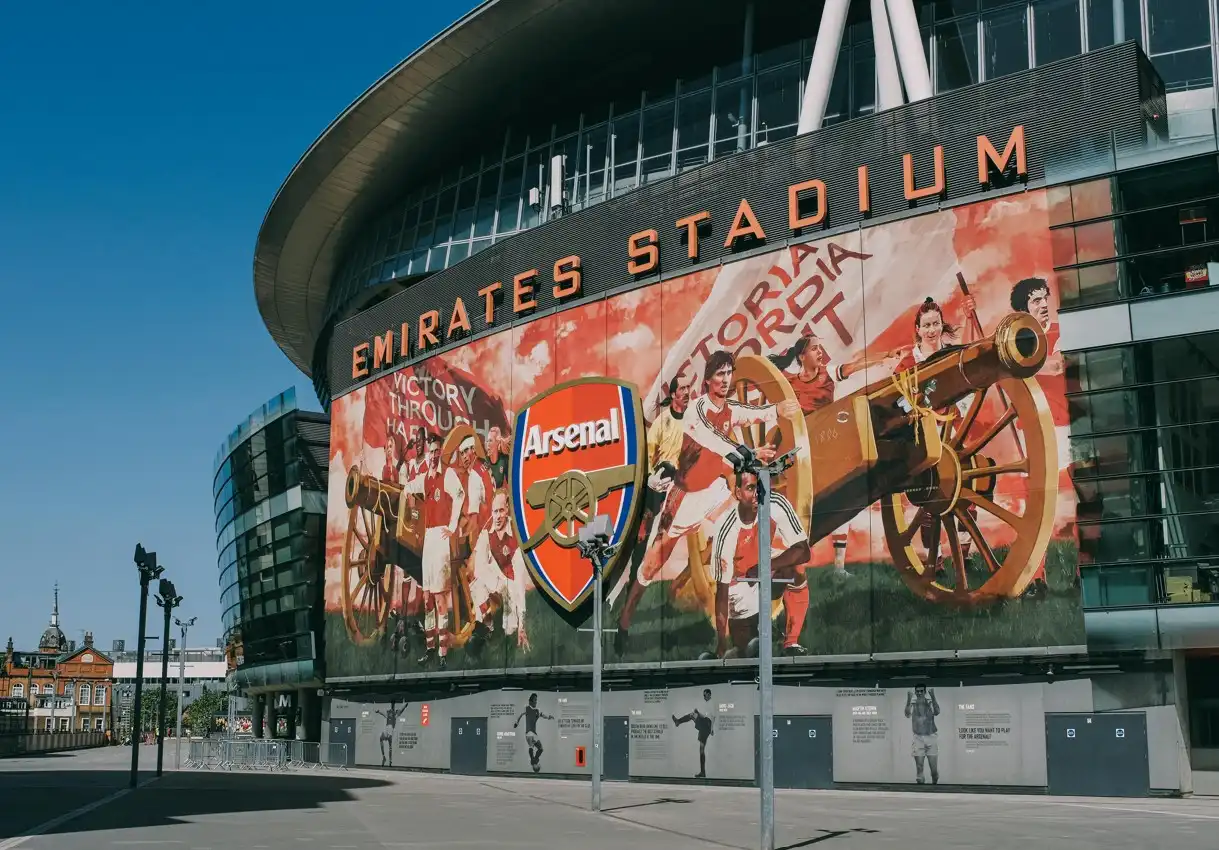Arsene Wenger: The Professor Who Changed the Face of English Football
Muhe - Saturday, 12 July 2025 | 05:00 AM (WIB)


The Radical Shift: From Pints to Pasta
Wenger’s initial days were nothing short of a culture shock for the Arsenal squad, and indeed, for English football itself. He wasn't interested in the usual post-match chippy run or the celebratory beers. Oh no. The Professor introduced dietary regimes that sounded alien at the time: lean protein, vegetables, pasta instead of traditional English fare. He banned chocolate bars and alcohol from the training ground. Players, used to their creature comforts, were initially baffled, some even outright resistant. Stories abound of players sneaking in snacks or hiding their beers. But soon, the proof was in the pudding – or rather, the lack of pudding. Their energy levels soared, injuries decreased, and their play became sharper, more dynamic. Beyond the plate, Wenger brought a scientific approach to training that was light years ahead of its time. He embraced sports science, analytics, and meticulous preparation, focusing on player flexibility, recovery, and individualized fitness programmes. It sounds bog-standard now, right? But back then, it was revolutionary. He essentially dragged English football, kicking and screaming, into the 21st century.A Symphony in Motion: The Beautiful Game Redefined
But Wenger's influence wasn't just about what players ate or how they trained. It was fundamentally about how they played. He envisioned football as a fluid, artistic expression – a far cry from the route-one, smash-and-grab tactics prevalent in England. He championed possession-based football, intricate passing patterns, and lightning-fast transitions. He didn't just teach players how to pass; he taught them how to think, to anticipate, to move into space. It was a symphony of movement, with every player knowing their part. And he didn't just work with what he had. Wenger had an uncanny eye for talent, particularly overlooked foreign gems. Patrick Vieira, Marc Overmars, Emmanuel Petit, Robert Pires, Freddie Ljungberg, and, of course, the majestic Thierry Henry. He didn't just sign them; he polished them, turning raw diamonds into glittering stars. He understood that skill transcended nationality, and he was fearless in building a truly cosmopolitan squad in an era when the spine of most English teams was, well, English.The Invincibles: The Pinnacle of a Philosophy
The zenith of Wenger’s tactical genius and transformative power came during the 2003-04 season. Arsenal, under his guidance, achieved something truly historic: they went an entire Premier League season undefeated. The "Invincibles." It wasn't just about winning; it was about how they won. They played with an audacious swagger, a blend of power and poetry that left opponents mesmerized. Henry's blistering pace, Bergkamp's silken touch, Vieira's midfield dominance – it was football pure and simple, played at its breathtaking best. That season wasn't just a triumph; it was a testament to Wenger's unwavering belief in his philosophy, a definitive answer to all the "Arsene Who?" doubters.Building a Legacy, Brick by Brick
Wenger’s impact wasn't limited to the pitch or the training ground. He was instrumental in the club’s move from Highbury to the Emirates Stadium, a massive undertaking that would inevitably affect his managerial tenure in later years due to financial constraints. He managed to keep Arsenal competitive, albeit without the same silverware, during this period, developing young talents like Cesc Fabregas and Robin van Persie and consistently securing Champions League qualification, which was no mean feat. His later years at Arsenal were, admittedly, a bit of a rollercoaster. The landscape of football changed dramatically, with the emergence of state-backed clubs and unprecedented spending power. The "Wenger Out" brigade grew louder, and trophies became elusive. Yet, through it all, Wenger remained dignified, steadfast in his principles, and always a true professional. He was often criticized for his stubbornness, his unwavering belief in youth and beautiful football, even when pragmatism might have dictated otherwise. But perhaps that was also his greatest strength: he never compromised on his vision.The Professor's Enduring Mark
Arsene Wenger left Arsenal in 2018, closing a chapter that spanned over two decades. But his legacy? It’s pretty much etched into the very fabric of English football. Look around today: every top club employs an army of sports scientists, nutritionists, and psychologists. Foreign players are not just common, they're essential. Possession-based, intricate football is the standard, not the exception. The days of the "big man up top" and relentless long balls are largely consigned to the history books. He didn’t just win titles; he revolutionized a sport. He educated a nation, showing them that there was a different, more refined way to play and prepare. He proved that intelligence, vision, and an unshakeable belief in principles could transform an entire culture. Arsene Wenger, the unassuming professor from Strasbourg, didn’t just manage a football club; he profoundly changed the face of English football, leaving an indelible mark that continues to influence the game we watch and love today. And for that, we owe him a massive debt of gratitude.
Liverpool vs Arsenal Prediction: Week 3 of the 2025/2026 Premier League
14 days ago

Rayo Vallecano vs. Barcelona Prediction: Week 3 of La Liga 2025/2026
14 days ago

Messi's Last Dance? The GOAT Hints at a Potential World Cup Farewell in 2026
15 days ago

Real Madrid vs Mallorca Prediction: Los Blancos Aim for Third Consecutive Win
15 days ago

West London Derby: Chelsea vs. Fulham Prediction, Week 3 Premier League Match
16 days ago

Manchester United vs Burnley Prediction: Tough Test at Old Trafford
16 days ago

The Roar of History: Why Almaty Ortalık Stadium Isn't Just a Venue, It's Kazakhstan's Heartbeat
16 days ago

Wayne Rooney’s Stark Warning: Can Manchester United Still Attract Elite Managers?
16 days ago

The End of the Road: Ole Gunnar Solskjaer's Turkish Adventure Concludes Abruptly at Besiktas
16 days ago

Argentina vs. Venezuela: Lionel Messi's Final Moments in Home?
16 days ago
